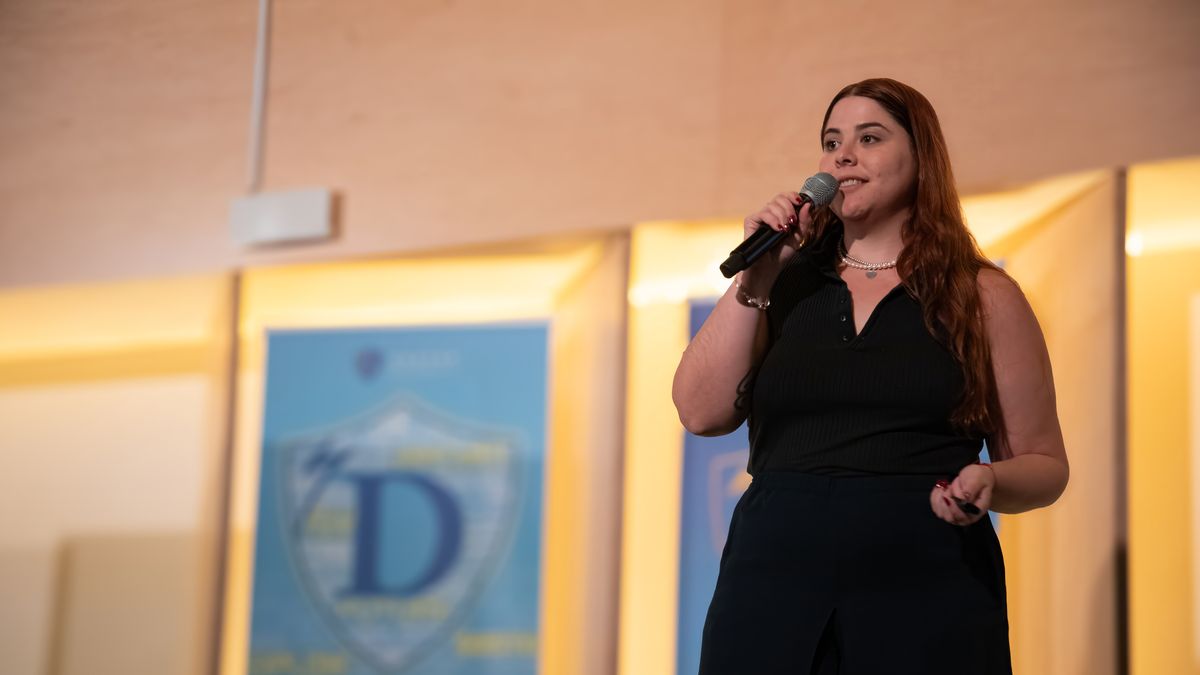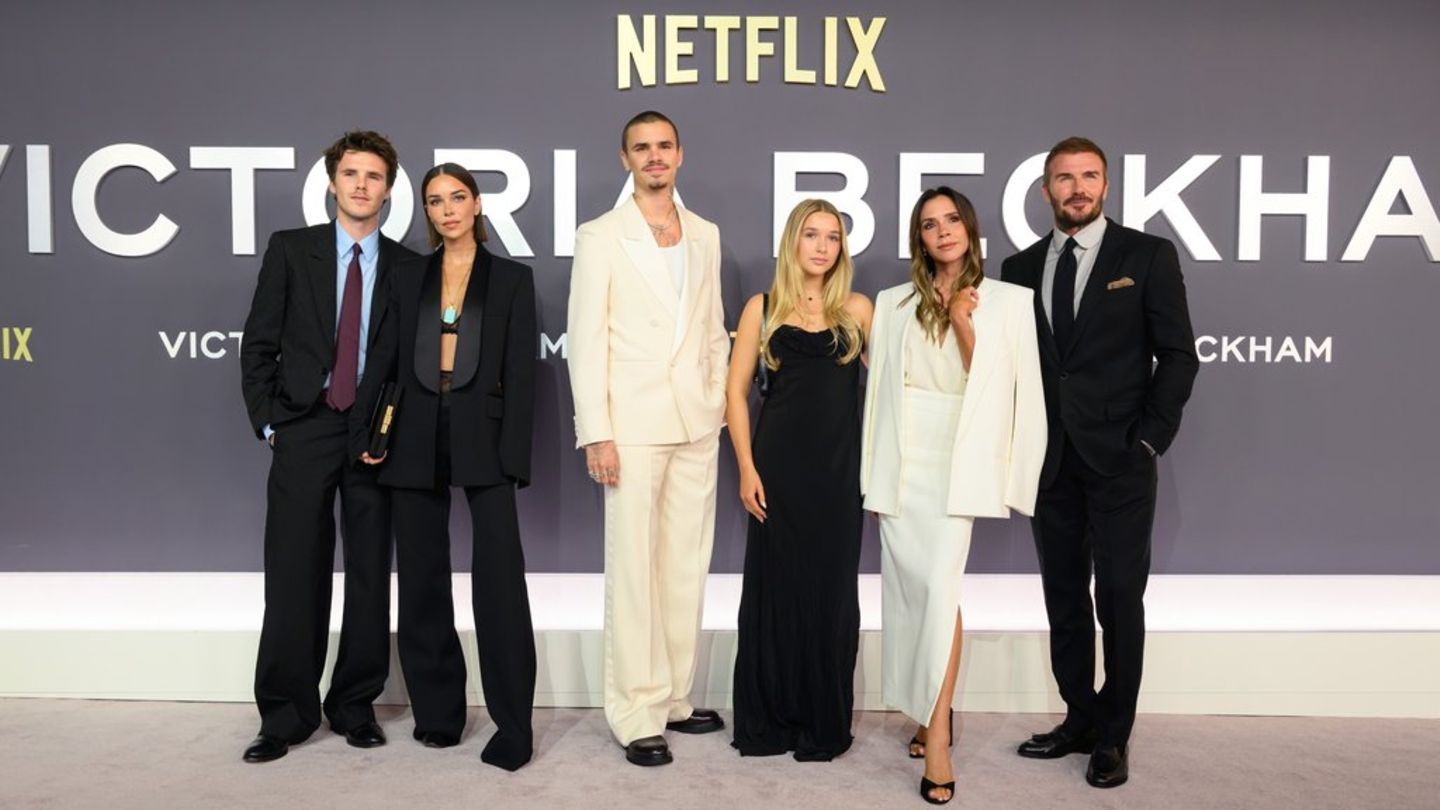Michelle Shocron: I studied economics at the University of San Andrés and there I started working with data issues. From that moment, 8 or 9 years ago, I considered that artificial intelligence was the future and fascinated me. In the race I also worked with topics on women’s impacts on the economy, in biometric, I did a lot of studies analysis. My first job, while I was in the race, was in Coca-Cola marketing, with the launch of the sugarless campaign. I also worked for a while in Business Intelligence and Analytics and that gave me as the foot to enter to work in Mercado Libre, in the market part of Credit, at the beginning of 2019.
There I did a tour where we took the business unit to grow from nothing to 250 million credit lines in the region and we became the business unit that brought more performance and margin to Mercado Libre.
Q: How did you apply artificial intelligence in those experiences?
MS: I worked on all the development of how to do marketing strategies, microsegments for free market data and use a lot of artificial intelligence so that the implementation of microsegments is very effective. And that was what also allowed such a high activation rate of the credits and such an abrupt growth within what was the business unit, which was achieved in a year and a half, more or less. Then with that experience I went to work in order to do the same.
Between 2020 and 2021, when trips began to free themselves after the worst moment of the pandemic, I started working as a consultant for a New York company that sent boxes with clothes so that people can try it at home. The boxes were armed with artificial intelligence based on people’s preference.
Q: How did you discover your entrepreneur’s vocation?
MS: From my experience in New York they started calling me from different startups in Spain, Mexico, Argentina, to assemble new areas. And then I began to position myself more as a freelance consultant within the startup ecosystem and start discovering what it was to undertake. Because it was me alone that ended up managing customers and had control of my own agenda. And so I started understanding more about what it was to undertake. Being able to see other startups gave me an understanding of the needs of the different stages, what are the bottlenecks that each startup has according to their size, among other things.
And when Chat GPT was launched at the end of 2022 I saw a tremendous opportunity to be able to do something that really had an impact on companies and so that people can use artificial intelligence better. So it was that I got together with a former free market partner, who was like my technical counterpart and we started to build their own solution. A software so that the non -technical profiles of companies can use artificial intelligence more efficiently within companies. It was very early, people barely knew that it was artificial intelligence. Most of the people I spoke had not even used the chat GPT. It was crazy, I had to make a great evangelization about Iaue and I still do it.
Q: And what was the next step?
MS: I realized that to develop a tool like the one we had armed, I needed an anchoring of 5 million dollars to start. As it was something super expensive, we started offering smaller solutions, such as analyzing a company data report automatically and telling the client what is convenient to do with his business. And from the marketing part how to do the analytics to grow fast business.
When I started with PARSED I saw that there was a very big chance and decided not to make an MBA and instead I looked for investors for my project. I wanted to learn to sell and work with customers and see how we could build a network throughout Latin America within the technology ecosystem, which is growing a lot.
I have some angels who are from Chile, because when I started with PARSED the Argentine economy was quite bad. I also have investors from the United States and an investment fund of a Mexican businessman from the world of media. They are minority partners, the main partners of the company are my three co -founders and me.
Q: What is the solution of AI that they invented in your startup?
MS: I put all the knowledge acquired in marketing analysis over 10 years within a 100% -based co -pilot in artificial intelligence. The solution is a development of Parsed that we made with an anchorage that we received through the American accelerator Techstars. It allows us to write through the IA in just 10 minutes reports that a human analyst can take up to 6 hours to do so, between the graphics, the analysis and the assembly of the entire PDF. And now we are dating the first version of the platform, which has everything centralized.
We specialize in marketing agencies or e-commerce aggregators or e-commerce companies. We have customers in different places in Latin America. Our proposal tries much more than just optimizing e-commerce. It is about redefining the future of business with artificial intelligence.
Q: Based on your experience with artificial intelligence, what do you think about open source initiatives that began to develop in China?
MS: I think it is essential that there is competition within space, because the absolute truth has no one. It is no accident that these models have launched now that SoftBank with other companies were about to invest 500 million dollars in an area with data centers for AI That the AI leaves more face ends up giving back the country that is developing it. And that there is a competition makes everyone cheaper. That from the side of the macro and geopolitical context, and from how silver is being distributed in the world for what is developed.
On the other hand, there are differences between the models. For example in training forms between Openai and those used by Depseek. In addition, Openai’s development is much more robust. Therefore, the Deepseek model comes out of tenth of what the other is worth. Many times compare models that are not comparable at the development level or research level.
On the other hand, the open source will always have an advantage against the centralized. And that is something that we as humans have to structure within the anthropological change that is taking place today. It is something more social. That is, you are talking about a model that is open so that everyone can see it, so that everyone can criticize it, so that everyone can collaborate it, and then it is competing against the skulls of the world that They are thinking about that all day, working on how to develop it.
Obviously, everything that is centralized has a higher value, because the skulls have high salaries, they have expensive structures, they have expensive programs to develop them. But they are competing against total democratization. That is, anyone can enter and can see what was done. And that obviously generates a lot of synergies because everyone can collaborate to continue developing it.
To say that Openai lost leadership is a holder who sells, but it is not. The same is great that there are such competence to begin to question the hegemony that the United States has, based on robustness, seriousness, research and resources for research. That does not imply that you cannot make cheaper models and that they serve the same to meet the same goal.
Q: Finally, how many daily work demands to be successful with your own startup?
Ms: It was not easy to get to where we got. He put a lot of work and a lot of love to achieve it. And that does not mean achieving success. I think the most successful person is the one who learns a lifetime. I really don’t know how many hours work per day, that depends on many things. But I can say that I live for my company. Every time I have the opportunity I put a file.
Source: Ambito




